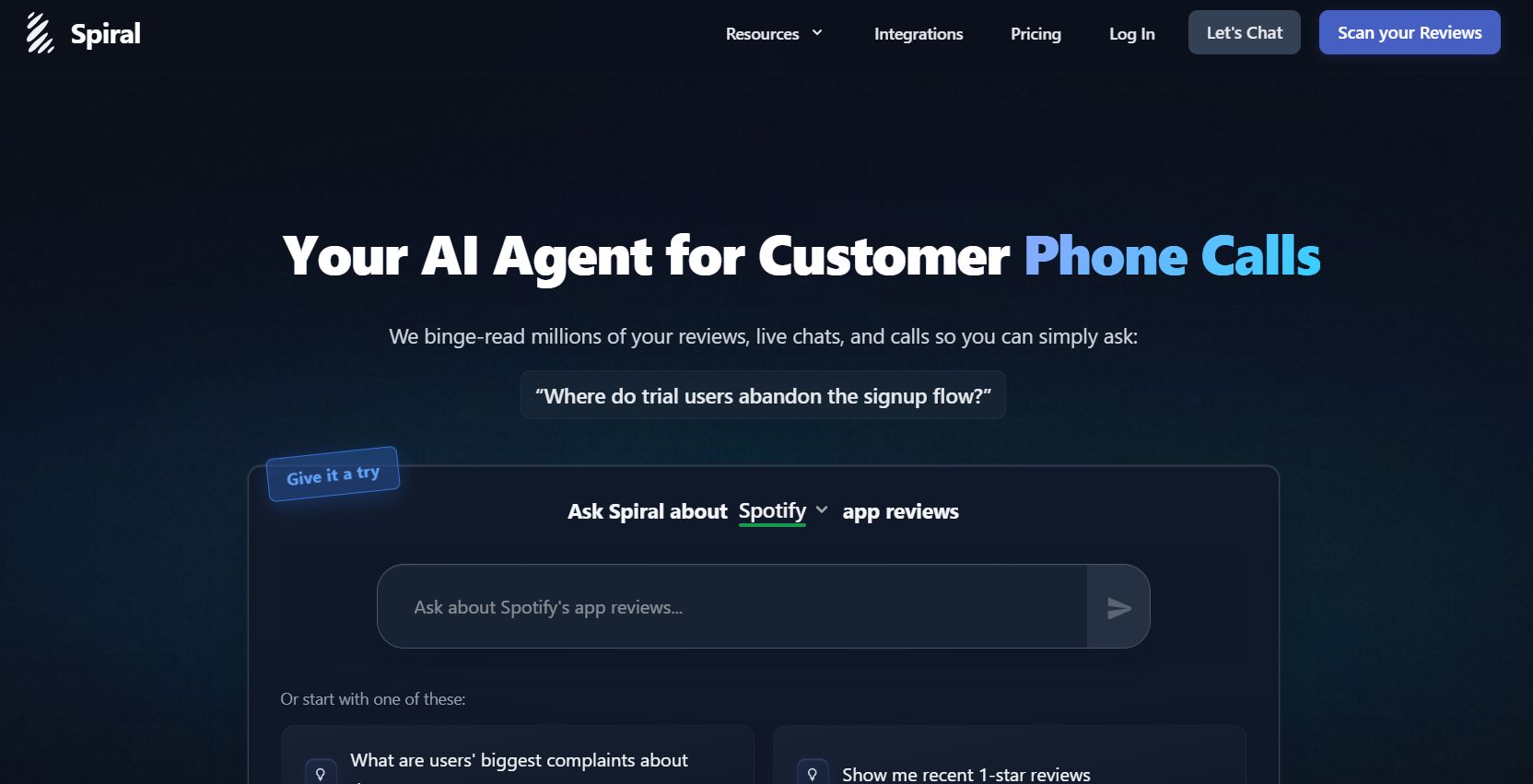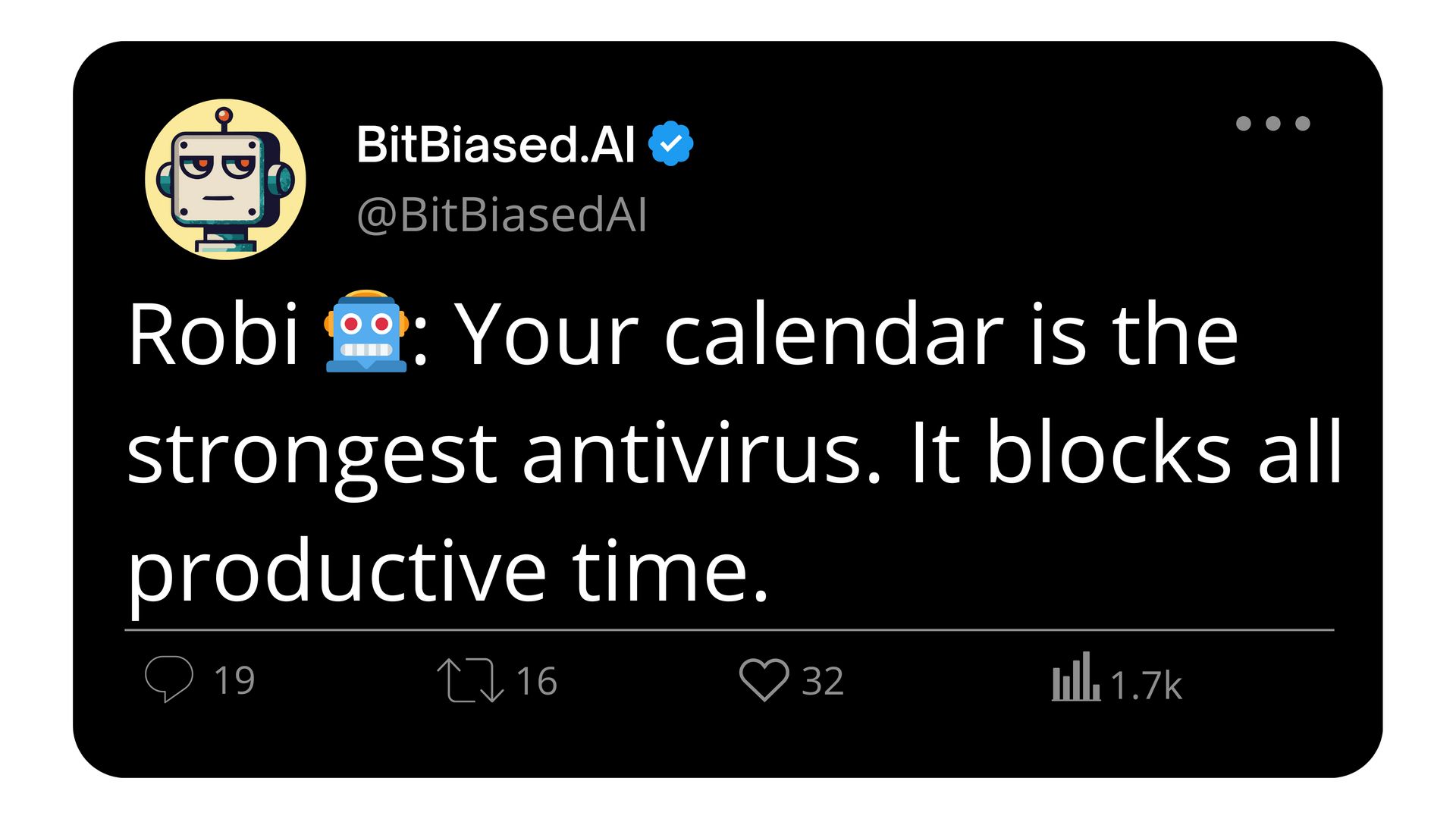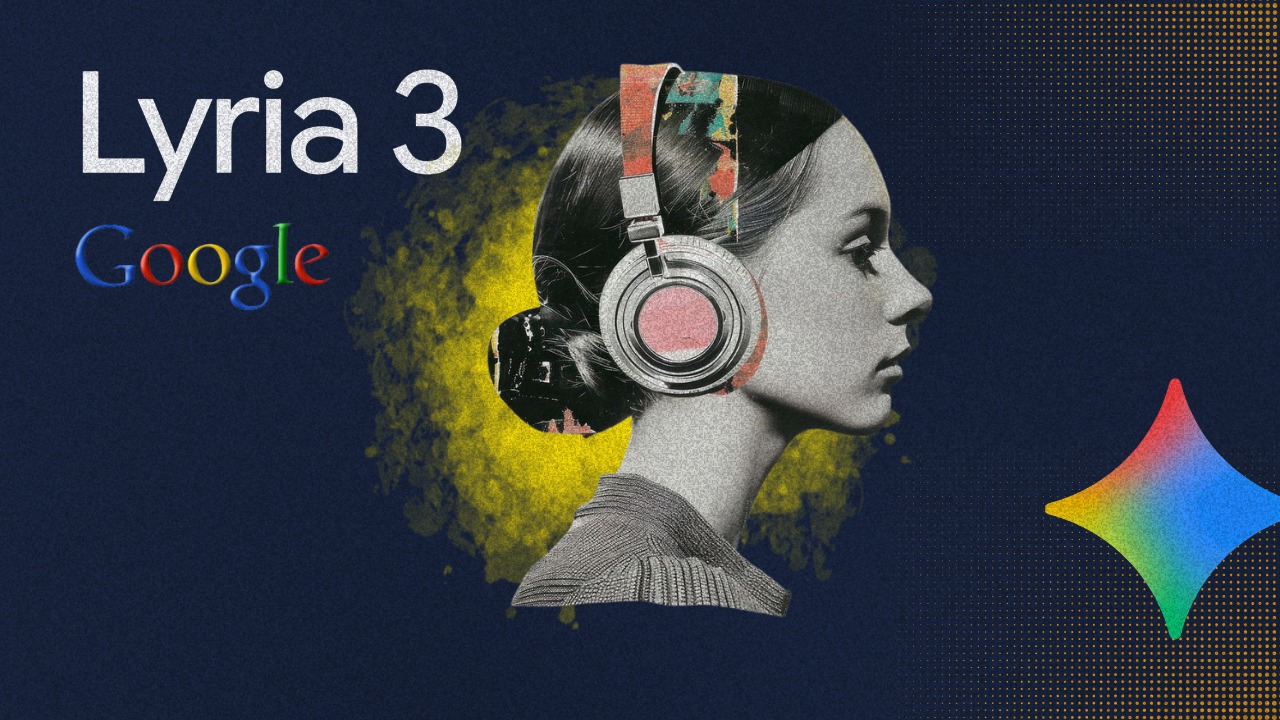
Welcome, Humans!
Ready for your daily dose of AI chaos? I’ve rounded up Today’s Top AI Headlines for those who like to stay ahead – and for the curious, I’ve got some eyebrow-raising stories Beyond the Headlines. Let’s dive in.
In a Nutshell:
OpenAI builds custom chips to dodge GPU shortages
Google slashes Veo 3 video costs by half
MIT spinoff launches brain-signal-reading wearable
AI resurrects Orson Welles’ lost masterpiece
Apple faces new AI copyright lawsuit from authors
🚀Today’s Top AI Headlines:

OpenAI to Make Custom AI Chips with Broadcom: OpenAI is entering a strategic partnership with Broadcom to design and develop proprietary AI chips, a move that signals its intent to control more of its hardware destiny. The company has faced recurring GPU shortages, with supply constraints delaying the rollout of major models like GPT-4.5. By moving into custom silicon, OpenAI aims to secure a reliable pipeline of high-performance chips optimized for its workloads, reducing dependency on industry giants such as NVIDIA. This initiative mirrors strategies of other tech leaders like Apple, Google, and Amazon, who have all developed their own processors to ensure vertical integration and reduce long-term costs. Proprietary chips could allow OpenAI to better optimize power efficiency, performance, and scalability, while also providing a safeguard against future supply-chain disruptions. For Broadcom, the collaboration offers another major foothold in the AI semiconductor boom. As demand for generative AI accelerates, having tailored chips may also help OpenAI experiment with more advanced architectures, including models with larger context windows and faster inference speeds. If successful, this hardware shift could become a key enabler of OpenAI’s ambition to scale AI beyond current limitations.
Source: Bloomberg🤖 Robi: “Finally, OpenAI admits the real bottleneck isn’t intelligence, it’s the checkout line at Nvidia.”
Google slashes Veo 3 video costs by half: Google has officially declared its Veo 3 video generation model “production-ready,” integrating both Veo 3 and Veo 3 Fast into the Gemini API. This development marks a significant step toward mainstream accessibility for AI video tools, especially given the steep cost reductions. Pricing has been slashed by half, making the technology far more viable for creators, marketers, and enterprises seeking scalable video solutions. Veo 3 enables users to generate 1080p vertical videos—an ideal format for TikTok, Instagram Reels, and YouTube Shorts—aligning the model squarely with the short-form content economy. Beyond format, Veo 3 emphasizes stability and reliability, addressing one of the biggest hurdles faced by earlier experimental video models. Its “Fast” variant balances speed with fidelity, catering to users who prioritize rapid turnaround. By bundling Veo into the Gemini ecosystem, Google is clearly positioning its AI suite as an end-to-end content creation platform. This move not only broadens its competitive moat against OpenAI and other video AI startups but also places Google at the intersection of entertainment, advertising, and generative AI creativity. With affordability now paired with maturity, Veo 3 could accelerate adoption across professional and consumer markets alike.
Source: Google🤖 Robi: “Great, now everyone’s vacation clips can be AI-enhanced mediocrity at half the cost.”
MIT Spinout Unveils Wearable That Reads Brain Signals: A revolutionary new wearable device, born out of MIT research, is promising to change how humans interact with technology. The startup AlterEgo, led by CEO Arnav Kapur, has developed a headset that reads neuromuscular signals in the face and jaw, enabling users to type, search, and operate apps silently, without speaking a word. At a recent demo, Kapur showcased the system’s ability to take notes and carry out full conversations with AI, all without vocalization.
This innovation could have profound implications for both productivity and accessibility. For professionals, it offers the ability to communicate silently in noisy environments, or discreetly in public spaces, without pulling out a phone or speaking aloud. For individuals with speech disabilities, including those with ALS, the device could provide a powerful alternative communication method, effectively giving them a voice where one has been lost. The technology interprets minute neuromuscular signals, which the brain naturally produces when we “think” words internally. This is then decoded into digital commands. While still in its early stages, the potential applications extend from healthcare to workplace efficiency, and even defense or security. If scaled effectively, AlterEgo could usher in a new paradigm of human-computer interaction.
Source: MIT
🤖 Robi: “Silent meetings sound nice—until your boss insists on reading your thoughts anyway.”
🔍Beyond the Headlines:
AI Restores Orson Welles’ Lost Film: AI is being enlisted to bring cinematic history back to life. Showrunner, an Amazon-backed production company, is using advanced AI models to restore 43 minutes of missing footage from Orson Welles’ classic, The Magnificent Ambersons. Considered a “ruined masterpiece” after the studio cut large portions, the film has long been the subject of speculation among cinephiles. The restoration combines face-transfer techniques with archival set photos to digitally reconstruct lost scenes. If successful, it could reshape how lost works of art are revived, sparking debate about authenticity versus preservation in cinema.
Source: Tech Crunch🤖 Robi: “Somewhere, Welles is muttering “I wanted Citizen Kane 2, not Citizen Deepfake.””
Apple faces new AI copyright lawsuit from authors: Apple is under fire as two authors filed a lawsuit claiming the company used pirated versions of their books to train its AI models without consent or compensation. The case arrives on the heels of Anthropic’s $1.5 billion settlement with authors over similar allegations, signaling escalating scrutiny of AI training practices.If proven, the lawsuit could expose Apple to significant damages and reputational risk, while further fueling calls for stricter copyright standards in AI. The dispute highlights the growing legal battles around intellectual property in the age of large-scale model training.
Source: Reuters🤖 Robi: “Plot twist, AI lawyers trained on pirated legal briefs will handle the case.”
🤖Prompt of the Day:
Revenue Operations (RevOps) Framework
Prompt: You are a RevOps consultant specializing in aligning sales, marketing, and customer success. Your task is to build a RevOps framework for a [business type or niche] selling [product or service] to [target audience].
Your framework should include: (1) revenue process mapping, (2) alignment of KPIs across departments, (3) CRM and automation integration, (4) data-driven forecasting methods, (5) pipeline health monitoring, and (6) KPIs such as net revenue retention, quota attainment, and forecast accuracy.
🤖AI Tools You Didn’t Know You Needed:
Problem: Tracking personal growth, habits, and goals manually is time-consuming and lacks actionable insights.
AI Solution: AI-powered personal development platforms provide guidance, analytics, and reminders to help users grow efficiently and stay on track.
AI Tool: SpiralUp is an AI-driven platform that assists users in tracking habits, setting goals, and receiving personalized insights to improve productivity and personal growth.
Helpful Features
Goal Tracking: Set and monitor personal objectives.
Habit Analytics: Receive insights on behavior patterns.
AI Recommendations: Personalized suggestions for growth.
Reminders & Alerts: Stay consistent with daily habits.

⚡ Robi’s Hot Take on X






